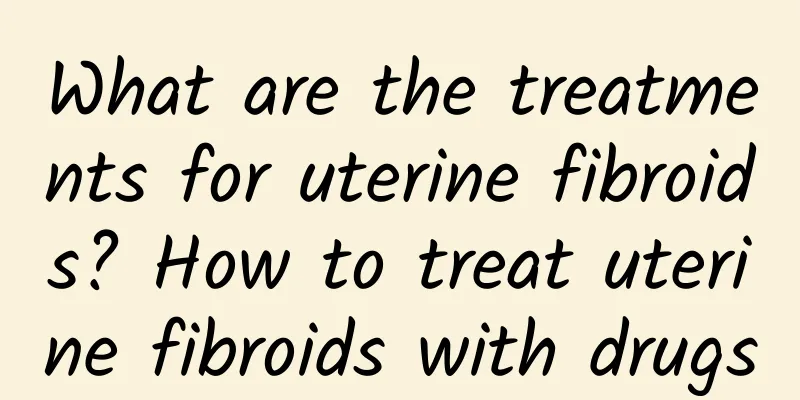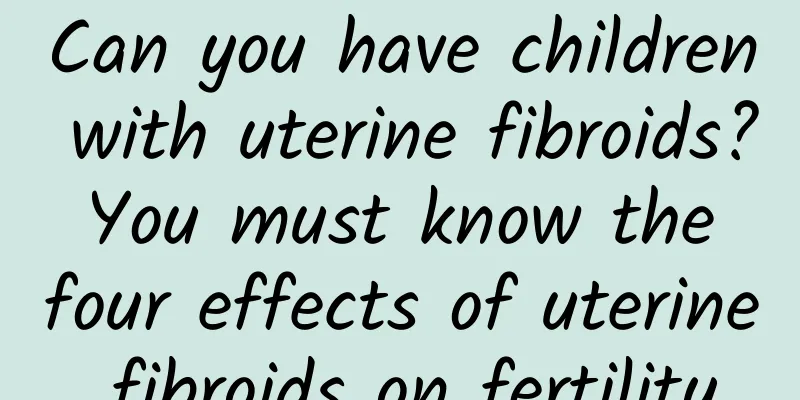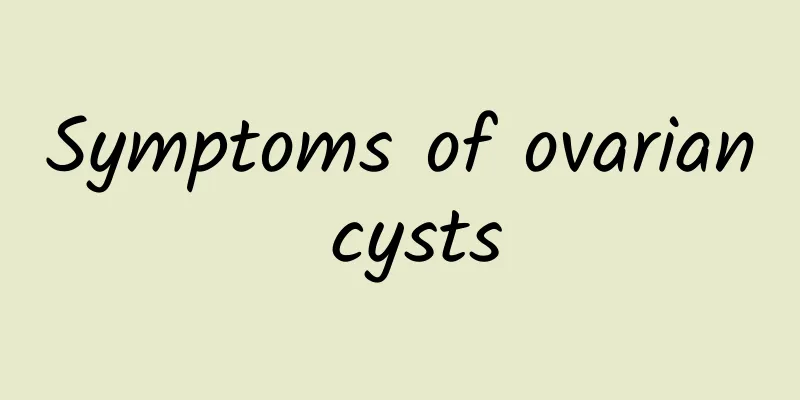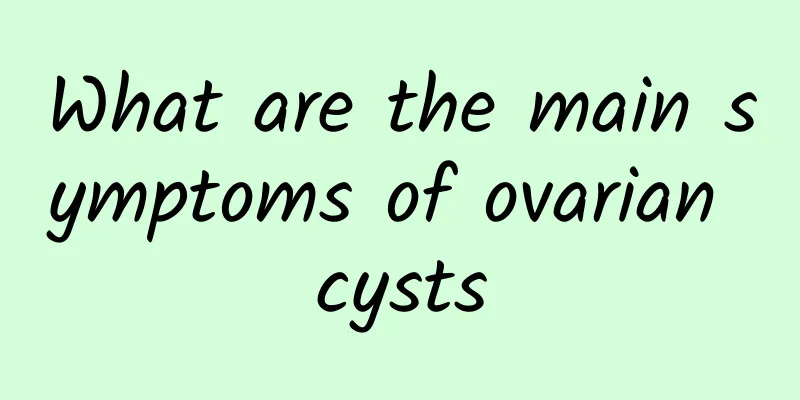Is the cause of endometriosis clear?

|
The cause of endometriosis is not yet fully understood. It may involve multiple factors such as genetics, environment, physiology and pathology. Studies on genetic factors have shown that women with a family history of endometriosis have a higher risk of the disease; environmental factors such as life stress and eating habits may aggravate the condition; at the same time, one's own physiological factors such as immune system dysfunction are also potential causes; the spread of endometrial tissue through trauma such as surgery may also lead to ectopic placement; abnormal proliferation or abnormal ectopic placement of endometrial tissue may be the pathological cause. These possible factors are usually treated with medication, surgery and lifestyle management. 1). Genetic factors: Endometriosis has a certain family genetic tendency. Studies have shown that if a female direct relative in the family has suffered from the disease, the patient's own probability of suffering from the disease is significantly increased. If similar cases are found in the family, regular physical examinations are especially necessary for early detection and intervention. 2) Environmental factors: In modern life, stress, dietary structure deviation and environmental pollution may increase the risk of endometriosis. It is recommended to adopt a soothing lifestyle, reduce stress through yoga and meditation, increase the intake of fresh fruits and vegetables and reduce high-fat foods in the diet, which will help reduce the incidence. 3) Physiological factors: Impairment of the immune system function may lead to the survival and proliferation of endometrial tissue. The regulation of the immune system can be improved by ensuring adequate sleep, strengthening exercise, and using immunomodulators under the guidance of professional physicians when necessary. 4) Traumatic factors: Mechanical displacement during surgery, such as cesarean section or other pelvic surgery, may cause endometrial tissue ectopicity. At the same time, attention should be paid to postoperative care and regular examinations when necessary to prevent unnecessary endometrial tissue ectopicity. 5). Pathological factors: Abnormal proliferation and ectopic endometrial tissue may be caused by abnormal estrogen levels. Drugs such as oral contraceptives and gonadotropin-releasing hormone agonists can control estrogen levels and alleviate the condition, and cooperate with the diagnosis and guidance of professional doctors. Although the specific cause of endometriosis is not yet fully understood, it involves multiple potential factors and conditions. Through reasonable prevention and management measures, such as attention to family medical history, reduction of environmental stress, regulation of immune function, and postoperative precautions, combined with correct medication and surgical intervention, the condition can be effectively managed and controlled. Promoting a healthy lifestyle and regular medical examinations are important parts of ensuring women's health. Be sure to conduct any treatment or conditioning under the guidance of a professional doctor. |
<<: Are uterine cysts and polyps contagious?
>>: Can I get pregnant if I have congenital uterine cold and dysmenorrhea?
Recommend
Back to a flat belly! Get rid of the fat on both sides of the waist with these 2 tricks
There are handfuls of fat on both sides of the wa...
A must-have for weight loss! Eating konjac and agar is very satisfying
You know you need to eat less to lose weight, but...
Cost of Care Center for Hyperprolactinemia Patients
How much does it cost to care for patients with h...
The first batch of samples from Food Paradise were released, and no poisonous bacteria were found
In response to the suspected food poisoning case ...
Is it effective to press your thumb to induce menstruation?
Whether thumb pressing is effective in inducing m...
What to eat after minimally invasive surgery for uterine fibroids? Precautions after minimally invasive surgery for uterine fibroids
The main things to note after minimally invasive ...
Where can I cure pelvic peritonitis?
"How to choose a hospital to treat pelvic pe...
What are the bases for early diagnosis of cervical precancerous lesions?
How to diagnose cervical precancerous lesions ear...
How to care for cervical warts after surgery
How should I take care of cervical warts after su...
Causes of uterine fibroids in women
The phenomenon of benign tumors inside the uterus...
The causes of multiple uterine fibroids. Will multiple uterine fibroids become malignant?
Uterine fibroids are common benign tumors in the ...
Does ectopic pregnancy cause breast pain? 6 symptoms may indicate ectopic pregnancy
Although ectopic pregnancy is also a type of preg...
What should patients with cervical erosion pay attention to?
What should patients with cervical erosion pay at...
What are the treatments for right ovarian cysts and what should we pay attention to in our daily life?
What are the treatments for right ovarian cysts? ...
Does adenomyosis affect the uterus and rectum?
Adenomyosis is one of our common diseases, and it...









